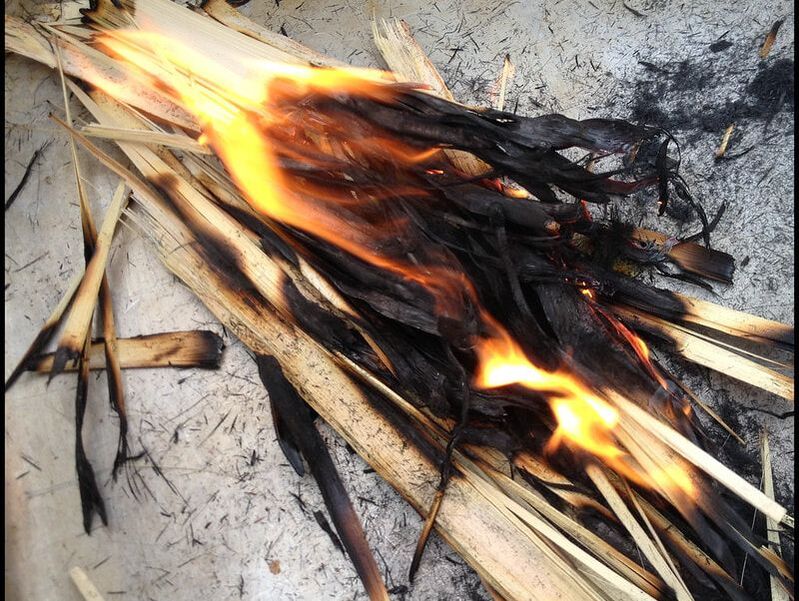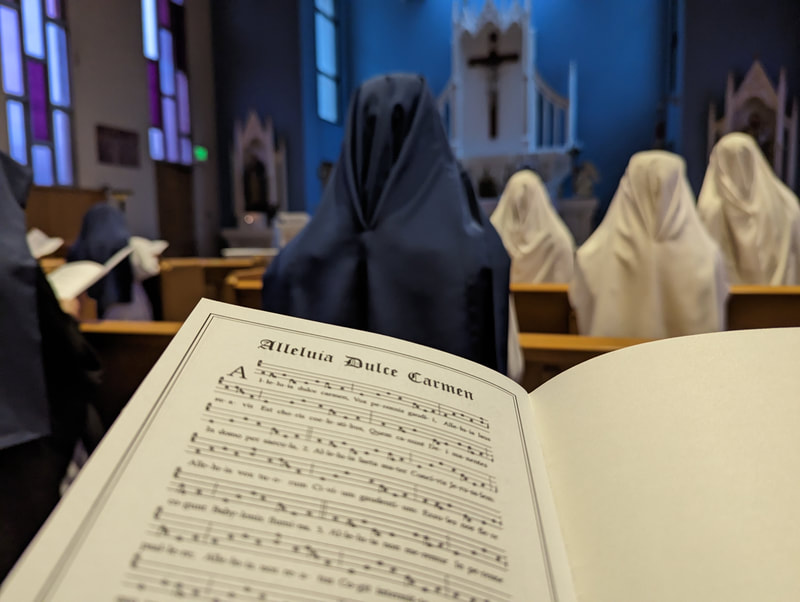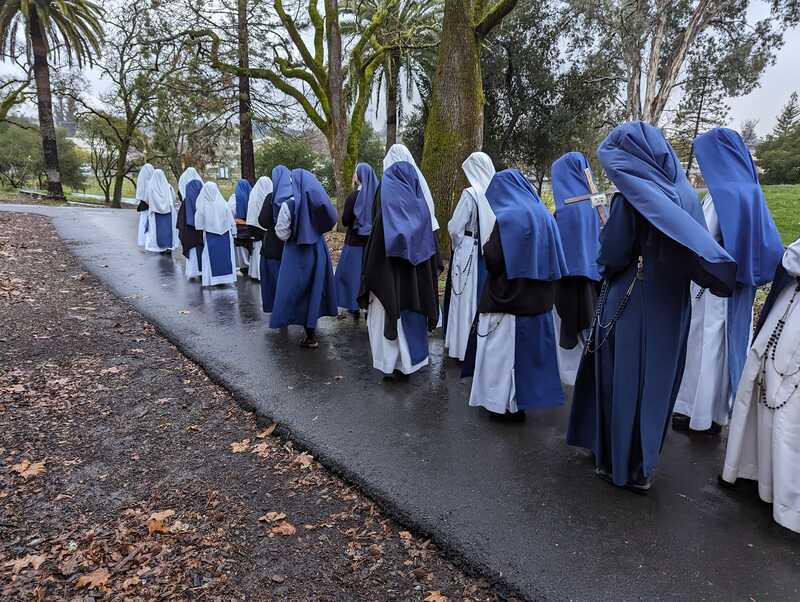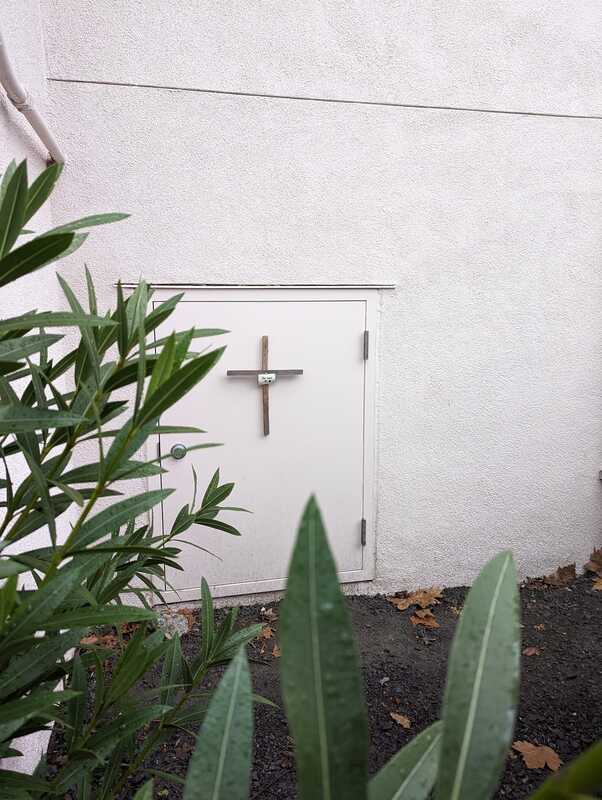|
The holy season of Septuagesima which takes up the bulk—and sometimes the entirety—of the time between Candelmas and Ash Wednesday may yet be little known, however there is another, more common name for this period of time: “carnival”. “In many cultures, the time between the Christmas season and Lent is known as ‘carnival’. Carnival comes from the Latin words, "carne vale," meaning ‘farewell to the flesh’.” (Mardi Gras Celebrates Christ the King, Diocese of Little Rock) While “carnival season” is not immediately associated with religious piety—perhaps far from, unfortunately—its roots are as truly Catholic as they are practical. Due to the Lenten restrictions, once far more all-encompassing in their breadth and intense in their observation, no meat could remain in the house past the first day of Lent. Therefore, eating whatever meat (and at one time, also dairy and eggs) the family had was a necessity to avoid waste and spoilage. Furthermore, it followed the typically Catholic sensibility that a fast must be preceded (perhaps even interrupted) by a feast, and the feast must be preceded by a fast. Reference to this practice and its logic is found in the commentaries on Septuagesima by Dom Prosper Gueranger, of happy memory: We can easily understand how the simple manners of our Catholic forefathers could keep a leave-taking of the ordinary way of living, which Lent was to interrupt, and reconcile their innocent carnival with Christian gravity; just as we can understand how their rigorous observance of the laws of the Church for Lent would inspire certain festive customs at Easter. Even in our own times, a joyous Shrovetide is not to be altogether reprobated… (Dom Prosper Gueranger, Commentaries on Quinquagesima) We find in our pre-Lenten merry-making a foretaste of Easter before we plunge ourselves into the desert of fasting and the agony in the garden. We have bid our “Alleluia” farewell in Septuagesima, and are looking now in earnest towards the Cross as Ash Wednesday draws near, however we are made to remember by Shrovetide festivities and the hopeful, love-filled Mass of Quiquagesima, that we serve a God not of tears and death but of joy and life—and life abundant and everlasting.
We must note here that the same Dom Gueranger (and any prudent-thinking Catholic) warns against the abuse of Carnival in sinful excess, and urges the Christian towards a spirit of penance and humble piety as Lent draws near. For if we do not do penance in Lent, or indulge ourselves to the point of sin in carnival, we will find that, weighed down by guilt, the very Easter joy we grasped at in carnival evades us—just as Adam and Eve’s grasping at what may have been given as a gift was their undoing. However, so long as it is the spirit of Love that motivates both feasting and fasting, let the Christian make merry on Shrove Tuesday (Mardi Gras), “…for tomorrow we die…”! May our Shrovetide be glad, and this Ash Wednesday be truly the one in which we die to ourselves, so as to live for Christ. Comments are closed.
|
Categories
All
Archives
March 2024
|
Marian Sisters of Santa Rosa





 RSS Feed
RSS Feed
